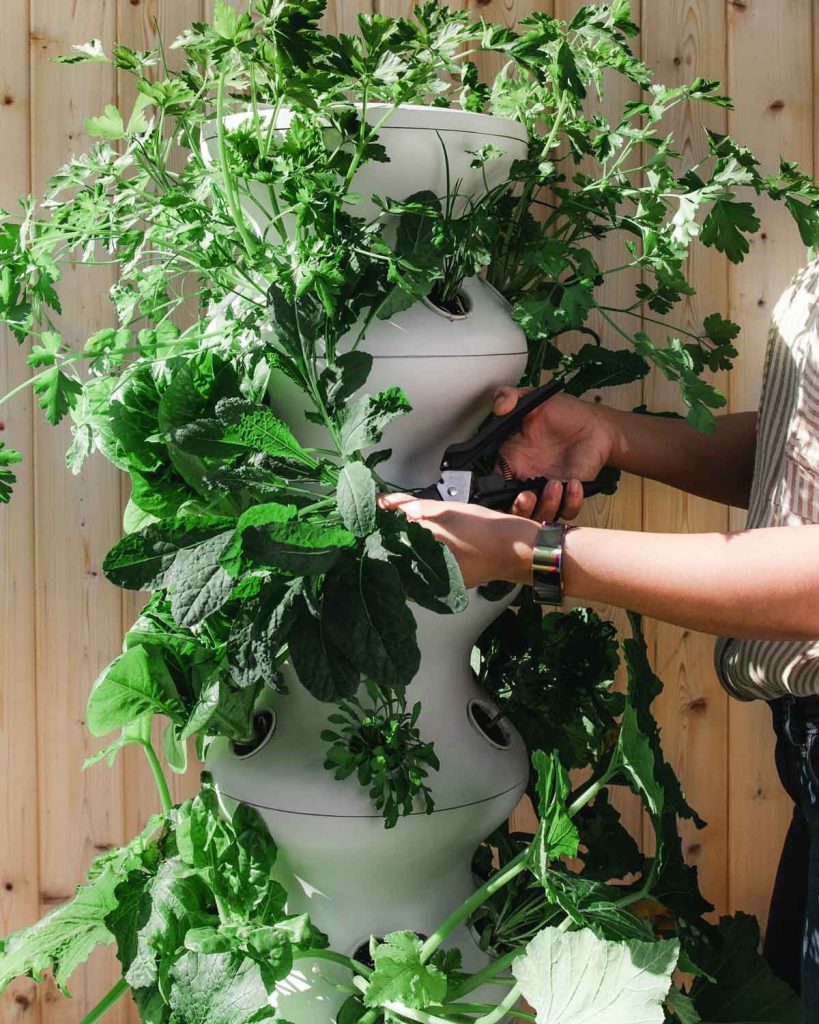Sustainability is at the forefront of almost everyone’s mind nowadays. A 2020 survey found that nearly 9 in 10 people want a more sustainable world, and that can start by changing personal health habits.
Wellness and a healthier environment go hand-in-hand. By being mindful and intentional in your personal health practices, you can also work toward a healthier environment. The best part? None of it is gimmicky or “trendy”. These are all things that can make a big difference in the world, and they don’t take much time or effort.
If you already prioritize your health but want to do more to reduce your carbon footprint and give back to the planet, let’s look at a few habits that are eco-friendly. Both you and the earth can be healthier when you choose to “go green” with your wellness practices.
Gardening
Who knew getting your hands dirty could be so beneficial?
Gardening is certainly nothing new, but it isn’t always viewed as a way to boost your health. However, there are many mental and physical health benefits to planting your own fruits, vegetables, and flowers. Some of the most notable benefits include the following.
- Reduced stress
- Better strength
- Reduced risk of disease
- Boosted mood
- Improved memory
Gardening also helps to give back to the planet when you approach it the right way. Sustainable landscaping and gardening are both easy when you make eco-friendliness a priority. Choose the right trees and plants, keep your soil healthy, and conserve water as much as possible.
Gardening helps you cut back on your reliance on other foods. While there will undoubtedly still be things you need to buy from the store, you’ll find that your grocery bill goes down as your fresh food at home becomes more plentiful. That can give you a sense of accomplishment and boost your mental health, but it’s also helpful if you want to stop eating fruits and vegetables that were shipped in from a completely different state.

Getting Involved in Your Community
Socialization is incredibly important for your mental well-being. Loneliness and isolation can lead to a variety of health issues, so it’s important to establish a sense of connection and community, no matter your situation.
One of the easiest ways to do that is by shopping locally.
Hitting up farmers’ markets or choosing local meats and produce from your grocery store can help the environment in several ways. First, it cuts back on transportation. When food doesn’t need to be shipped across the country (or the globe!), it doesn’t waste as many natural resources.
Additionally, by shopping locally, you’ll support farmers and growers, who can put that money back into doing what they love and continue the positive cycle of selling local, organic fruits and vegetables. Of course, eating organically and making sure you’re getting plenty of produce in your diet is always good for your health!
Another way to get involved in your community is through volunteering.
Research has shown that volunteering for a cause you believe in can
- Reduce your risk of depression
- Lower blood pressure
- Reduce stress
- Boost your mental health
- Encourage physical activity
You’ll also get the added benefits of socializing and combating loneliness by meeting like-minded people.
If you want to do something good for the environment with your volunteer work, consider doing something that pertains to environmental activism. You can even get your kids or teens to join you, ensuring the next generation takes sustainability just as seriously.
Practicing Self-Care
Far too many people don’t practice self-care on a regular basis because they either think it’s “selfish,” or that it only counts if you’re doing something lavish and luxurious.
Neither is true.
When it comes to taking care of yourself while encouraging a healthier environment, some of the easiest habits to get into include
- Eating more plant-based foods
- Cooking for yourself
- Using eco-friendly cleaning products
- Using green beauty/makeup products
Walking or biking wherever possible, instead of relying on your car (you’ll get the benefits of physical exercise and reduce your carbon footprint!).
Self-care can simply be the act of saying “no”. If you tend to be a people-pleaser or have a hard time turning people down when they ask for favors, prioritizing your well-being can include declining certain invitations or requests. Doing so can reduce your stress levels and give you more time to relax and appreciate being in nature.
Your health should always be a priority. Whether you’re already in a health and fitness routine or not, it’s easy to make subtle changes and adapt your health habits to do something good for the environment.
By making these changes to your health habits, you’re not only helping yourself. You’re showing your kids, nieces, nephews, or grandkids what it’s like to be healthy and to take care of the planet, all at once. That’s something they’ll take with them into adulthood when the world needs greater efforts than ever for everyone to live more sustainably.
Photography by Lettuce Grow




